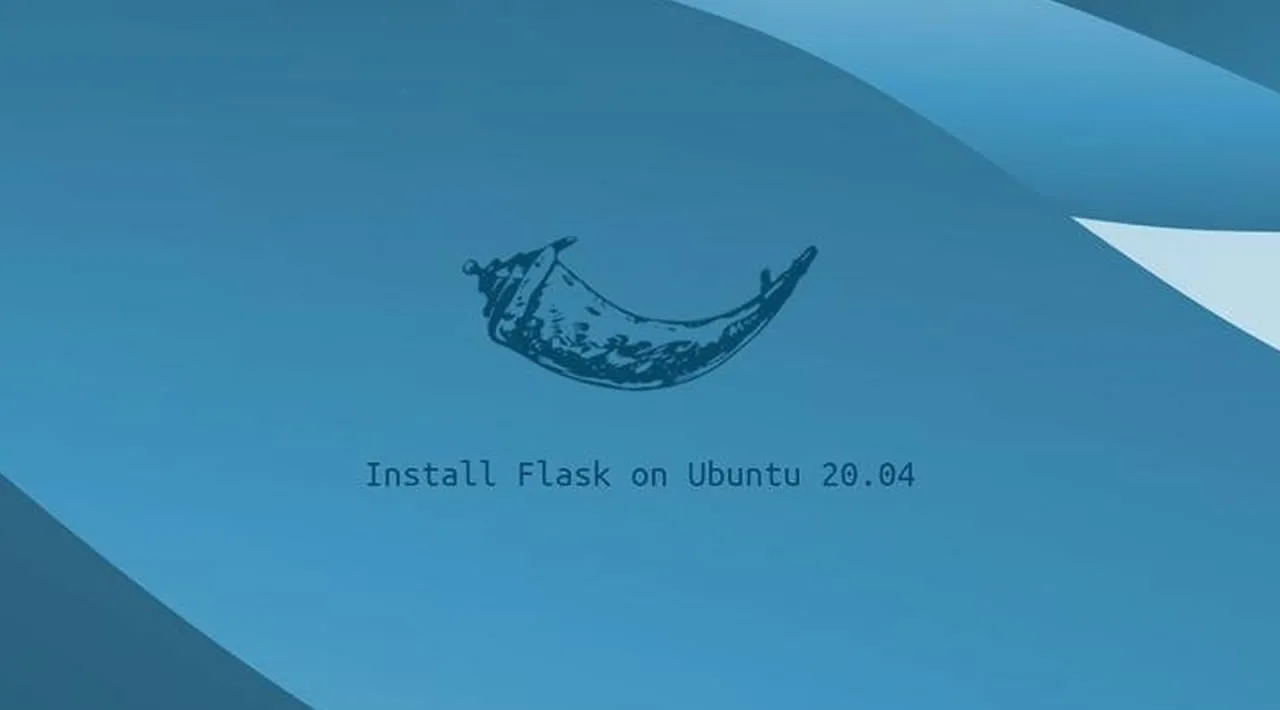Flask is a free and open-source micro web framework for Python designed to help developers build secure, scalable, and maintainable web applications. Flask is based on Werkzeug and uses Jinja2 as a template engine.
Unlike Django , by default Flask doesn’t include ORM, form validation, or any other functionalities provided by third-party libraries. Flask is built with extensions in mind, which are Python packages that add functionality to a Flask application.
There are different methods to install Flask on Ubuntu.
Flask packages are included in the official Ubuntu repositories and can be installed using the apt package manager. This is the simplest way to install Flask on Ubuntu 20.04, but not as flexible as installing in a virtual environment. Also, the version included in the repositories may lag behind the latest version of Flask.
Virtual environments allow you to create an isolated environment for different Python projects. This way, you can have multiple different Flask environments on a single computer and install a specific version of a module on a per-project basis without worrying that it will affect your other Flask installations. If you install Flask into the global environment, then you can install only one Flask version on your computer.
In this article, we’ll discuss how to install Flask on Ubuntu 20.04 inside a Python virtual environment.
#flask #python #ubuntu
